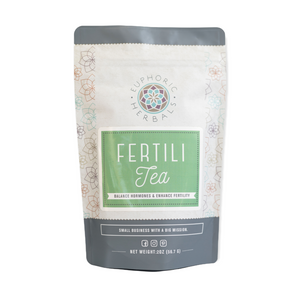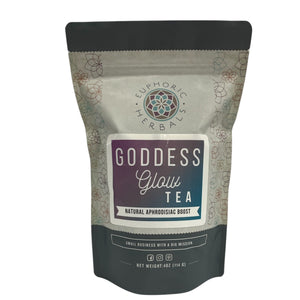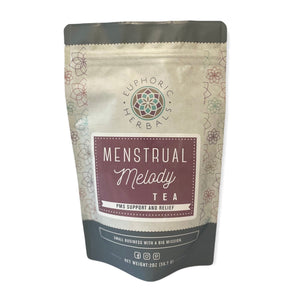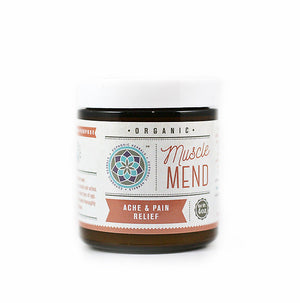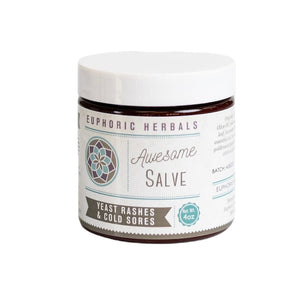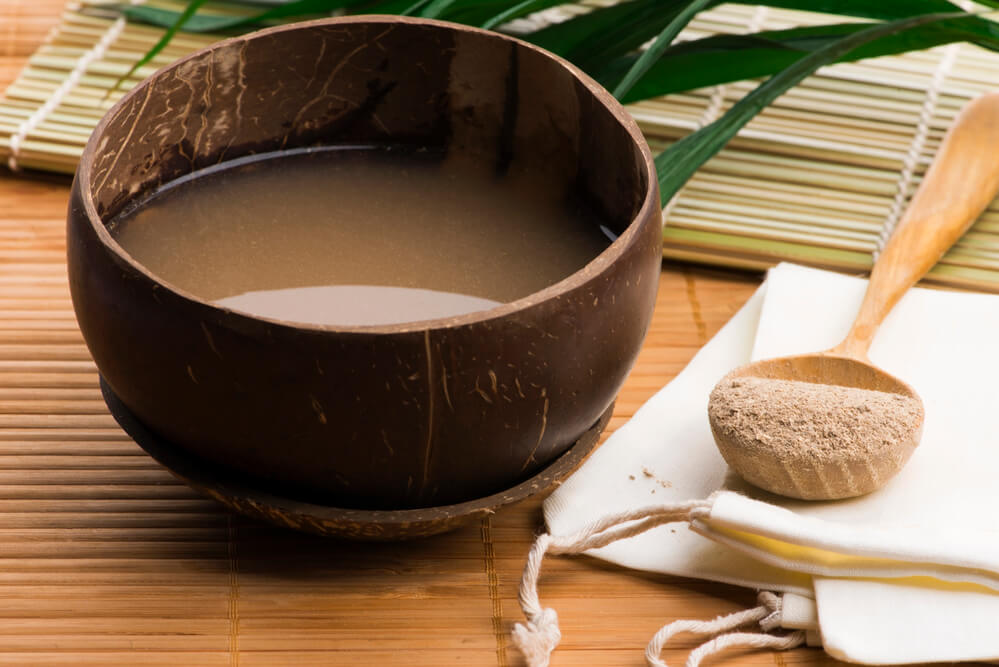What is Kava Root?
Kava kava (sometimes shortened to kava or kava root) is an herb that comes from the Pacific Islands where it has been used for thousands of years.
There is a lot of conflicting and confusing information about kava out there regarding its safety, but there's no doubt that it can be a very beneficial herb when used the right way.
Here's more about the top benefits of kava kava and precautions to keep in mind when buying and taking it.
Kava kava (Piper methysticum) belongs to the same plant family as black pepper and is thought to have originated in Vanuatu, a country in the southwestern Pacific Ocean.
It now grows widely throughout Oceania, including in places like Fiji, Samoa, Tahiti, and Hawaii. You'll hear it called by different names in different regions, like awa in Hawaii and yaqona in Fiji.
Kava plants are evergreen shrubs that grow about six feet tall and have large, heart-shaped leaves. The roots of the plant are the part typically harvested for medicinal and ceremonial uses.
Interestingly, the botanical name of kava kava (Piper methysticum) translates to "intoxicating pepper", which gives you a hint of some of the properties this herb possesses.
According to modern research, the main active compounds in kava root are a group known as kavalactones. They are believed to contribute to many of kava's main properties, but experts still aren't sure exactly how they work in the body.
What are the Benefits of Kava Kava?
Calms Stress and Promotes Relaxation

The biggest reason kava root has been valued throughout the years is for its ability to calm stress and relax the mind and body.
Depending on how much is taken, kava can have a mild calming effect on frayed nerves or a much more pronounced relaxing effect that may also stimulate feelings of euphoria.
Because of this, kava kava is sometimes recommended for anxiety and often combined with other calming herbs for anxiety. Kava extract has even been found effective at treating certain types of anxiety in several studies with no withdrawal or dependency side effects. (1)(2)
To fight stress and nervous tension, you can try kava root on its own or in a formula like this Anxiety Soother extract.
Natural Sleep Aid
Due to its anxiety-calming effects and natural ability to promote relaxation, kava is often used as a sleep aid, especially when sleep troubles are connected to stress.
This is a very traditional use for kava kava and one that now has some confirmation from modern research.
For example, one study found that kava root improved sleep quality much more effectively than a placebo, while another found that a combination of kava and valerian was helpful for stress-induced insomnia. (3)(4)
May Ease Pain

Kava root has traditionally been used for pain relief and to relax muscles as well as for its calming effects. The roots could be chewed for this purpose or made into a traditional beverage.
The benefits of kava kava for pain haven't been studied in-depth, but some research does show that kava has anti-inflammatory properties, which could contribute to pain relief. (5)
Some other research shows that there may be benefits of kava root for protecting neurons and reducing pain perception, suggesting that it could help with nerve-related pain. (6)
Anticancer Potential
Some promising research has found that powerful compounds within kava root could have anticancer potential, but it's important to realize that no human studies have confirmed this or even been conducted yet.
Still, lab studies have shown that these compounds-- known as flavokawains-- can induce cell cycle arrest in several cancer cell lines, meaning they help stop duplication and division of the cells. (7)
These same compounds seem to be especially active against prostate and breast cancer. (8)(9)
Social and Ceremonial Value
We often think of herbs only in terms of how they affect our health, but plants like kava kava have value that goes far beyond their physical effects.
Traditional beverages made from the roots of the kava plant have long been a part of ceremonies and social activities all throughout Oceania.
They would have been (and still are) shared by friends, drunk as part of a ritual, and enjoyed to commemorate marriages, births, and even deaths. Kava would also be a drink of choice to offer an honored guest.
So if you decide to try kava kava for yourself, consider the centuries of tradition behind it when you take it!
How to Use Kava Root?

One of the best ways to enjoy the benefits of kava kava is to use the dried root to make a version of a traditional kava beverage.
There's no one way to do this, but the most common way to make kava "tea" is to grind or pound the root (traditionally it was chewed) and steep it in hot or cool water.
It can also be decocted for a stronger beverage, or you can use coconut milk rather than water.
Taking kava this way is the safest way to consume this herb and is not associated with any side effects when consumed in moderation.
However, kava kava is bitter and doesn't appeal to everyone, so you may want to try it as a liquid Kava Extract or in capsules. Just be sure you buy either one from a reputable seller and follow the recommended dosage carefully.
What are the side effects of Kava Kava?
Despite all the benefits of kava root, there are some important precautions to keep in mind as you approach this herb.
As mentioned earlier, making kava "tea" is widely considered the safest way to consume kava.
However, if you drink large amounts of kava, it can have intoxicating effects and should not be consumed alongside alcohol or any type of product that can cause drowsiness. To be safe, don't drink it before driving.
In addition, certain kava products (mostly more concentrated extracts) have been associated with liver damage, although reports have been conflicting in this area.
What research has shown to date is that products adulterated with the leaves and/or stems of the plant (which do contain substances that may harm the liver) are at higher risk of causing liver toxicity as is the introduction of a newer "two-day" kava species, which is different from the "noble" species traditionally used.
Look for products that contain only kava roots, preferably from the Noble variety of kava, and are tested for contaminants.
With this type of pure kava product, studies have shown no liver damage when kava is taken for 1-24 weeks. (10)
Do not take kava kava while pregnant or breastfeeding without consulting a qualified herbalist or healthcare professional.
How to enjoy the Benefits of Kava Kava
Whether you've heard good or bad things about kava kava, the truth of the matter is that it can be a very beneficial herb for calming stress and anxious feelings when used with the proper precautions.
Play it safe by brewing kava root into a traditional beverage or follow the instructions carefully for extracts and capsules sourced from a reputable herb seller.
Enjoy kava at the end of the day or sometime when it doesn't matter if you get a little drowsy and discover why this plant has been much valued for thousands of years!
Disclaimer: This post is for informational purposes only. It does not constitute medical advice and should not be substituted for medical advice. Please consult your health care provider, herbalist, midwife, or naturopathic physician before taking herbs, supplements, etc. Here's the link to our full disclaimer.






















































